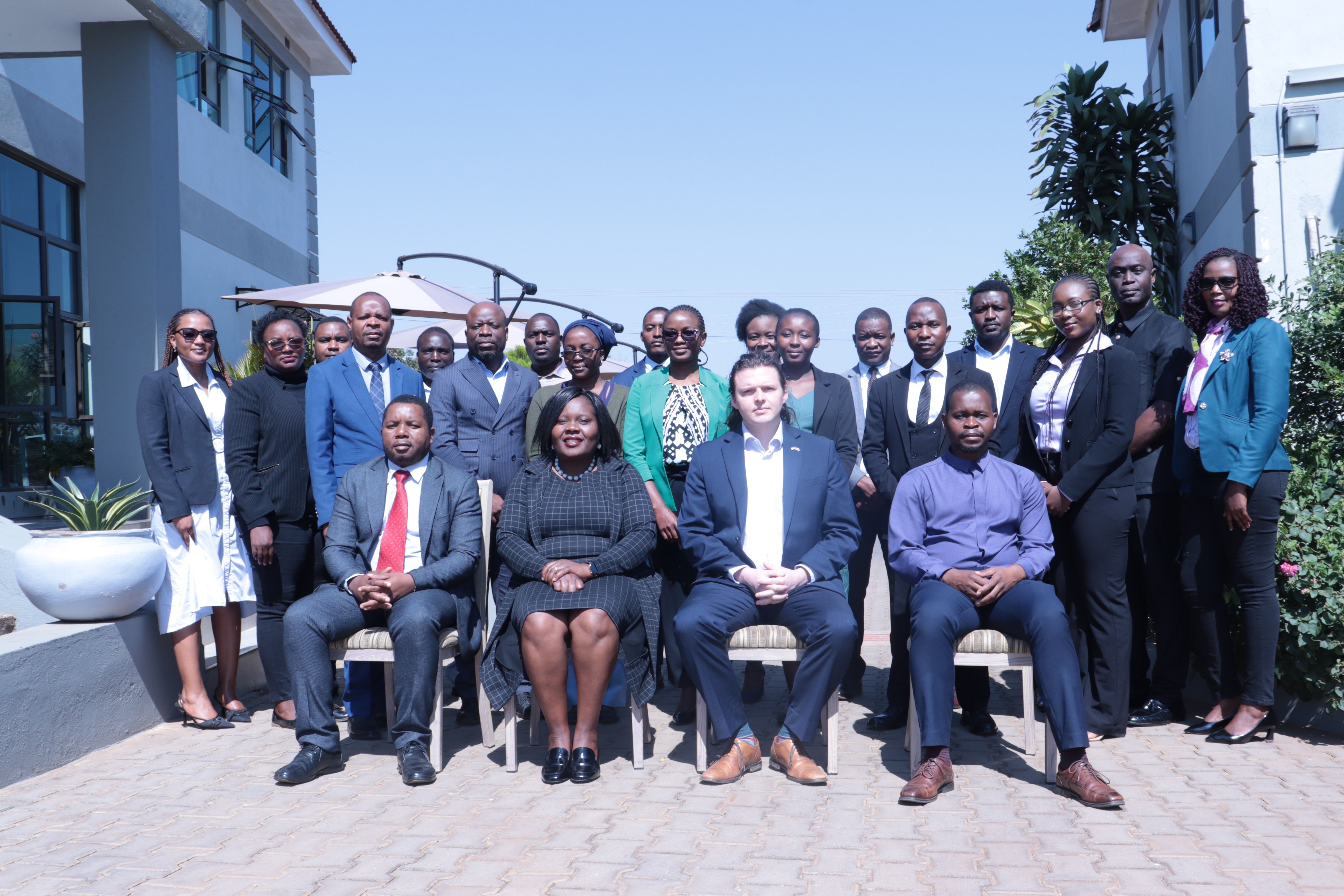ECAMA's initiative began with a comprehensive baseline survey in 2022 aimed at uncovering the dynamics of SOE debt. The results, shared in September 2023, laid the groundwork for further in-depth case studies of eight selected SOEs, facilitating a detailed exploration of debt patterns, operational hurdles, and governance concerns. The resulting case study report served as a foundation for discussions during the recent dissemination meetings.
UNDERSTANDING THE ROLE OF SOEs
State-Owned Enterprises play a pivotal role in driving Malawi's economy, providing essential services in sectors such as energy, water, transport, and agriculture. Despite their importance, SOEs face significant challenges related to rising debt levels and operational inefficiencies, posing risks to both fiscal stability and public service delivery.
KEY HIGHLIGHTS FROM THE DISCUSSIONS
The meetings fostered vibrant discussions, emphasizing crucial areas for reform to enhance debt management and governance among SOEs:
1. Strengthening Transparency and Accountability
- Close the gaps in debt-related data collection and availability.
- Standardize debt reporting to improve accuracy and consistency.
2. Ensuring Financial Sustainability of SOEs
- Establish independent pricing regulators to ensure cost-reflective tariffs.
- Promote innovative financing approaches, including engagement with capital markets.
3. Learning from Best Practices
- Benchmark against successful operational models from other African countries.
- Replicate lessons from profitable Malawian SOEs that thrive without government support.
4. Navigating Policy and Political Terrain
- Recognize the impact of political and economic dynamics on tariff-setting and operational decisions.
- Foster innovative strategies that safeguard SOE autonomy amidst political pressures.
- Leverage the 2025 elections to elevate debt transparency in public debate and leadership commitments.
PARTICIPANT REFLECTIONS
The dissemination meetings proved to be enlightening for all participants, who highlighted the necessity for tailored recommendations that reflect the unique circumstances surrounding each SOE. While some enterprises have prospered without government backing, others remain heavily indebted despite their contributions to public welfare, such as improving healthcare outcomes.
A pressing challenge lies in resistance to cost-reflective pricing structures due to affordability concerns for the general population. This underscores the delicate balance between ensuring financial sustainability and fulfilling social responsibilities.
LOOKING AHEAD
The insights gained from the discussions will enrich ongoing policy dialogues and advocacy efforts as ECAMA moves forward. The association is committed to:
- Advocating for reforms that strengthen debt transparency in SOEs.
- Promoting stronger collaboration among government, development partners, private sector players, and civil society.
- Building an evidence base that supports data-driven policymaking in public finance management.
These meetings reaffirmed a critical message: Debt transparency is not optional. It is fundamental to fostering fiscal discipline and driving sustainable economic growth in Malawi.




